- Get link
- X
- Other Apps
1 in 5 women according to the World Health Organization. Reducing salt intake has emerged as a leading target with many guidelines recommending sodium intakes of 23 gday or lower.
Salt And Heart Health Total Cardiac Care By Dr Mahadevan
In fact it affects 1 in 4 men.
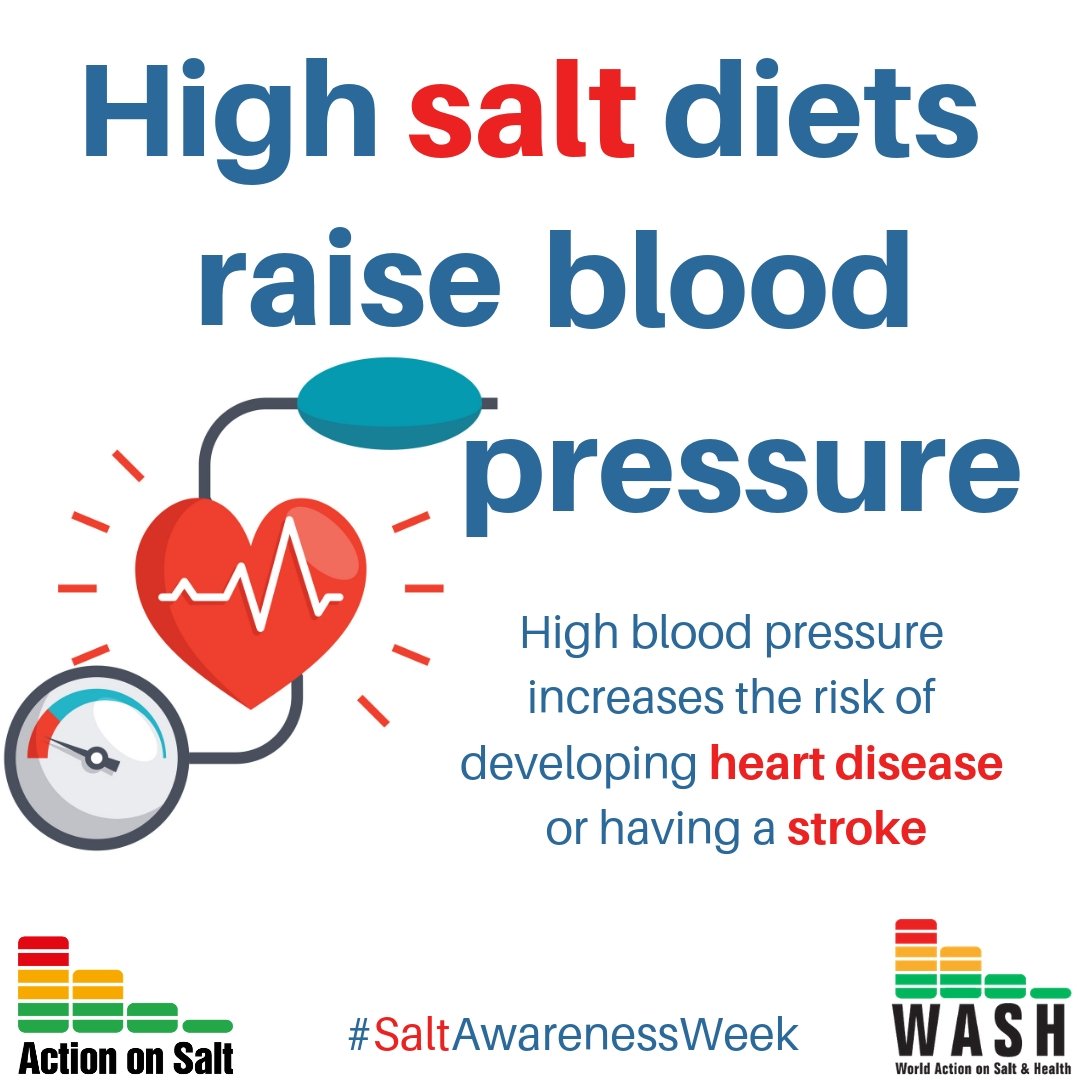
Salt and heart disease. Advertentie Millions of people worldwide have high blood pressure. 1 in 5 women according to the World Health Organization. However some controversy remains about the role of salt in cardiovascular disease.
This study shows that independent of having high blood pressure eating too much salt can also increase the risk of developing heart failure. Doctors recommend that people with heart failure also eat a low-sodium diet. After studying more than 130 000 people from 49 different countries concluded that salt restriction reduced the risk of heart disease stroke or death only in patients who had high blood pressure and that salt restriction could be harmful if salt intake became too low.
Evidence suggests that a limit of 2000 mg per day of sodium is a good goal for people with heart failure especially if they also have high blood pressure. 2 years ago Andrew Mente and colleagues1 after studying more than 130 000 people from 49 different countries concluded that salt restriction reduced the risk of heart disease stroke or death only in patients who had high blood pressure and that salt restriction could be harmful if salt intake became too low. Advertentie Millions of people worldwide have high blood pressure.
Given that 65 million American adults have heart failure restricting salt intake might profoundly reduce risk for this major medical scourge. So to keep your heart healthy its important that you dont eat too much salt each day. Furthermore randomised controlled clinical trials of moderate reductions in salt.
Salt sodium chloride is well-known to increase blood pressure and to be a target of public health intervention. Reducing sodium intake has emerged as one element within a comprehensive strategy for cardiovascular CV prevention based on the curvilinear relationship between sodium intake and blood pressure. The reaction of the scientific community was swift.
Get the facts today. Processed and packaged foods are responsible for most of the salt people eat. The reaction of the scientific community was swift.
The best way to reduce salt is to eat a diet based on fresh foods like fruit and vegetables. 1-2 teaspoons of salt that is not associated with increased cardiovascular risk and that the risk of cardiovascular disease increases when sodium intakes exceed 5 gday. Effective population-based interventions are required to reduce the global burden of cardiovascular disease CVD.
Significant evidence links excess sodium intake with high blood pressure which increases the risk of heart attack stroke and heart failure. 3 rijen Guideline recommendations for sodium intake in patients with heart failure have evolved with the. Reducing intake improves cardiovascular outcomes but few countries have effective policies Blood pressure is the most powerful predictor of stroke and other cardiovascular events.
Eating too much salt may raise your blood pressure and having high blood pressure increases your risk of developing coronary heart disease. Dangers Of Salt It S More Than Just High Blood Pressure Pritikin. Salt is the primary source of sodium and increased consumption of sodium is associated with hypertension and increased risk of heart disease and stroke.
Eating too much salt can lead to high blood pressure which is a major risk factor for heart disease. In fact it affects 1 in 4 men. We contend that current evidence despite methodological limitations suggests that most of the worlds population consume a moderate range of dietary sodium 23-46gday.
It is well known that consuming too much salt can increase the risk of having high blood pressure which is a risk factor for coronary heart disease and stroke. While some newer research questions the link between sodium and health problems the connection is well-established. Too much salt can cause fluid to build up around the heart and lungs making the heart work harder.
Get the facts today. At the same time as their eating patterns shift people are consuming less fruit vegetables and dietary fibre such as whole grains that are key components of a healthy diet. Both excessive sodium intake and high blood pressure are major risk factors for developing heart failure and for causing complications in those with existing heart failure.
These guideline thresholds are. As were all spending more time at home it. The importance of salt sodium chloride intake in determining blood pressure and the incidence of hypertension is well established.
 Who Infographics On Salt Reduction
Who Infographics On Salt Reduction
 Action On Salt On Twitter Eating Too Much Salt Raises Blood Pressure Which Increases The Risk Of Strokes Heart Attacks And Heart Disease Saltawarenessweek Https T Co 2rx2d9xx3o Https T Co Gnzs9joins
Action On Salt On Twitter Eating Too Much Salt Raises Blood Pressure Which Increases The Risk Of Strokes Heart Attacks And Heart Disease Saltawarenessweek Https T Co 2rx2d9xx3o Https T Co Gnzs9joins
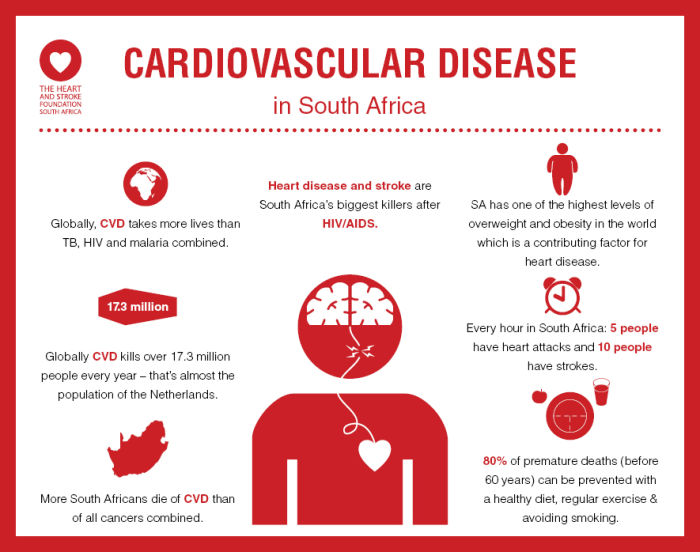 South Africa You Consume Too Much Salt
South Africa You Consume Too Much Salt
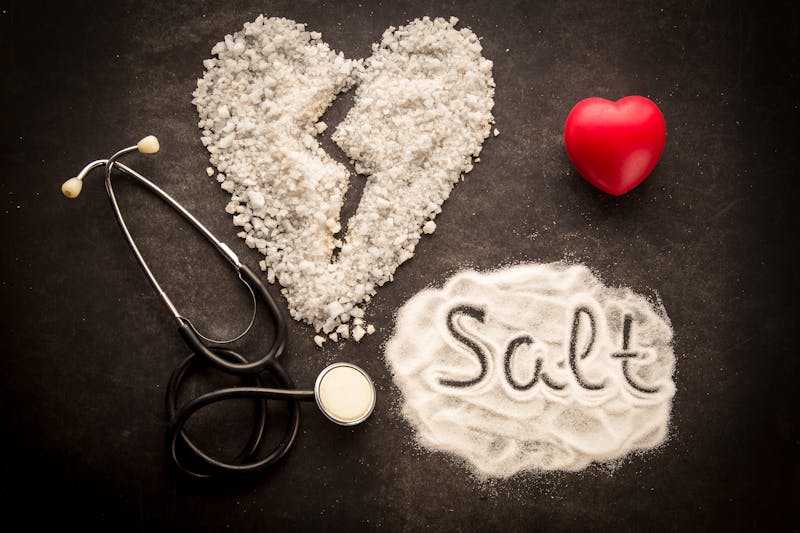 Dr Jason Fung Md The Truth About Salt Diet Doctor
Dr Jason Fung Md The Truth About Salt Diet Doctor
 Too Little Salt May Also Increase Risk Of Heart Problems Suggests Study
Too Little Salt May Also Increase Risk Of Heart Problems Suggests Study
 A Low Salt Diet To Prevent Heart Disease Hospital Clinic Barcelona
A Low Salt Diet To Prevent Heart Disease Hospital Clinic Barcelona
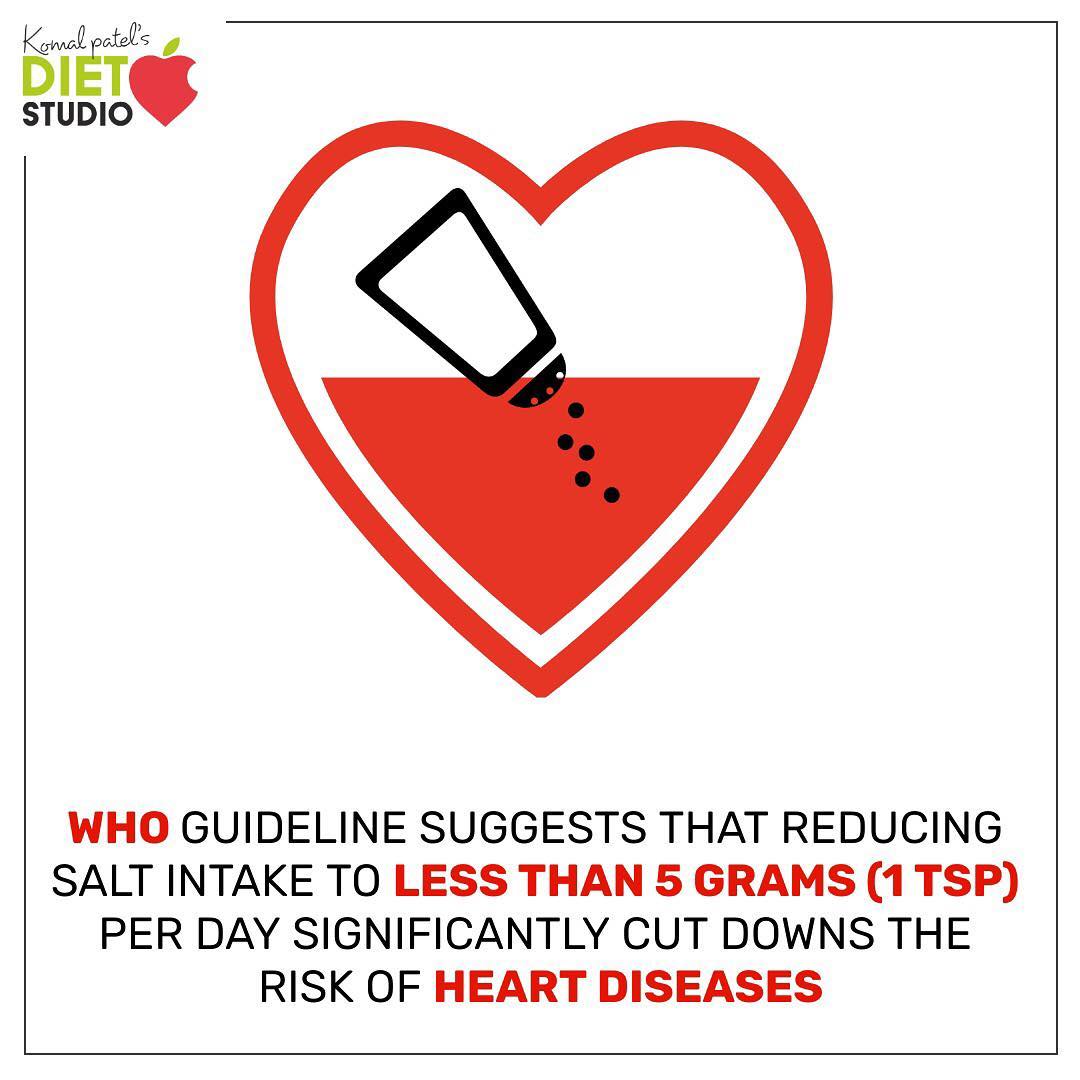 Komal Patel Salt Intake Of Less Than 5 Grams Per Day For Adults Helps To Reduce Blood Pressure And Risk Of Cardiovascular Disease Stroke And Coronary Heart Attack The Recommended Amount Of
Komal Patel Salt Intake Of Less Than 5 Grams Per Day For Adults Helps To Reduce Blood Pressure And Risk Of Cardiovascular Disease Stroke And Coronary Heart Attack The Recommended Amount Of
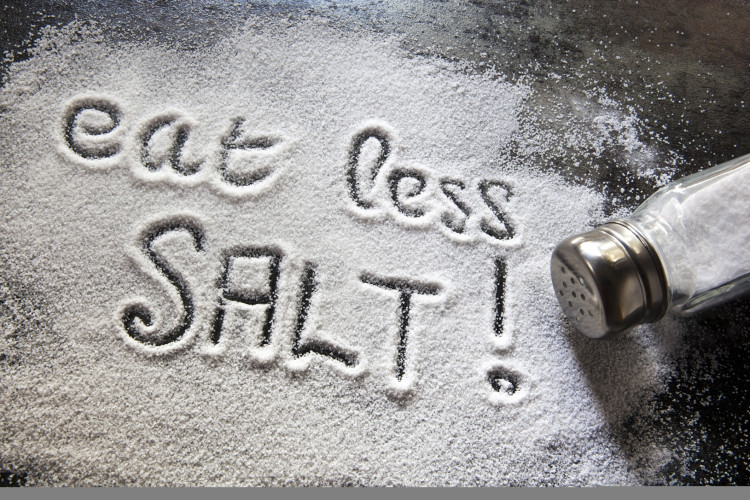 Heart Failure How Much Salt Can I Eat
Heart Failure How Much Salt Can I Eat
 How Does Salt Hurt My Heart Unpack The Salt
How Does Salt Hurt My Heart Unpack The Salt
 Salt And Heart Disease A Second Round Of Bad Science The Lancet
Salt And Heart Disease A Second Round Of Bad Science The Lancet
 Alcohol And Heart Disease Facts Epsom Salt And Heart Disease
Alcohol And Heart Disease Facts Epsom Salt And Heart Disease
 How Does Salt Affect Heart Health Health Essentials From Cleveland Clinic
How Does Salt Affect Heart Health Health Essentials From Cleveland Clinic
 A Low Salt Diet Could Raise Heart Disease Risk Study Suggests
A Low Salt Diet Could Raise Heart Disease Risk Study Suggests
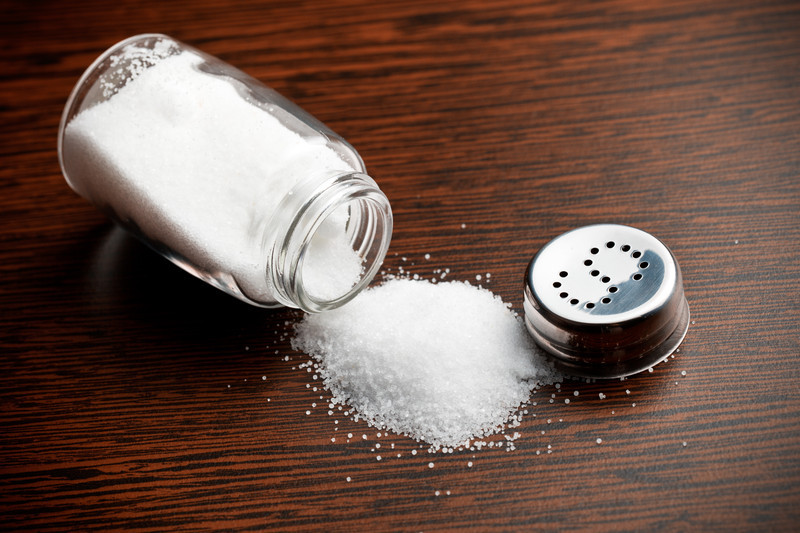
Comments
Post a Comment